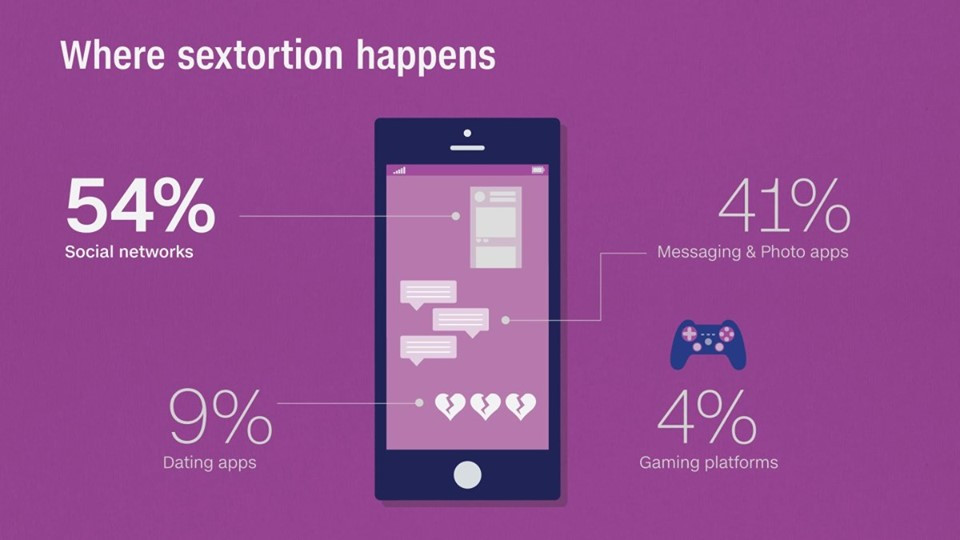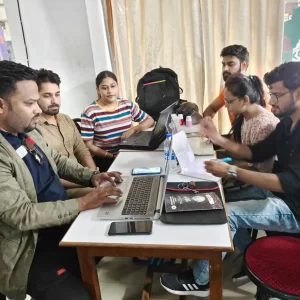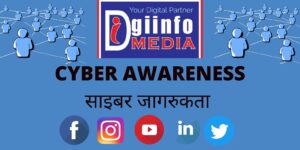
What is Sextortion?
It is a form of blackmail where criminals use fake identities to be friend victims online – using websites such as Facebook, Skype or LinkedIn – before persuading them to perform sexual acts in front of their webcam..
How can you keep yourself safe online?
1. Don’t panic
Contact your local police and ISP immediately. The police will take your case seriously, will deal with it in confidence and will not judge you for being in this situation.
2. Don’t communicate further with the criminals
Take screen shots of all your communication. Suspend your Facebook account and use the online reporting process to report the matter to Skype, YouTube etc. to have any video blocked and to set up an alert in case the video resurfaces.Deactivating the Facebook account temporarily rather than shutting it down will mean the data are preserved and will help police to collect evidence.
The account can also be reactivated at any time so your online memories are not lost forever. Also, keep an eye on all the accounts which you might have linked in case the criminals try to contact you via one of those.
3. Don’t pay
Many victims who have paid have continued to get more demands for higher amounts of money.
If you have already paid, check to see if the money has been collected. If it has, and if you are able, then make a note of where it was collected from. If it hasn’t then you can cancel the payment – and the sooner you do that the better.
4. Preserve evidence
Make a note of all details provided by the offenders, for example : social media usernames.
Be aware that the scammers user name is different to their social media ID, and it’s the ID details that police will need.Other ways to protect yourself online include not posting any personal information, such as your address, email address or mobile number on the internet.Make sure your passwords are strong, and change it regularly – of course, never give this information out.
Keep your security settings high and use a firewall, anti-virus programme and anti spyware programme.
Be wary of pictures/videos you post online – once they are published on the internet it can be downloaded and shared by other people.
Never open email attachments or click on links from strangers and watch out email scams, as a suspicious message from your bank.
Article By – Harshita C. Jadhav




A very helpful and informative article. Such type of crimes are usually never talked about but we can definitely take some measures to curtail it and make ourselves safe.